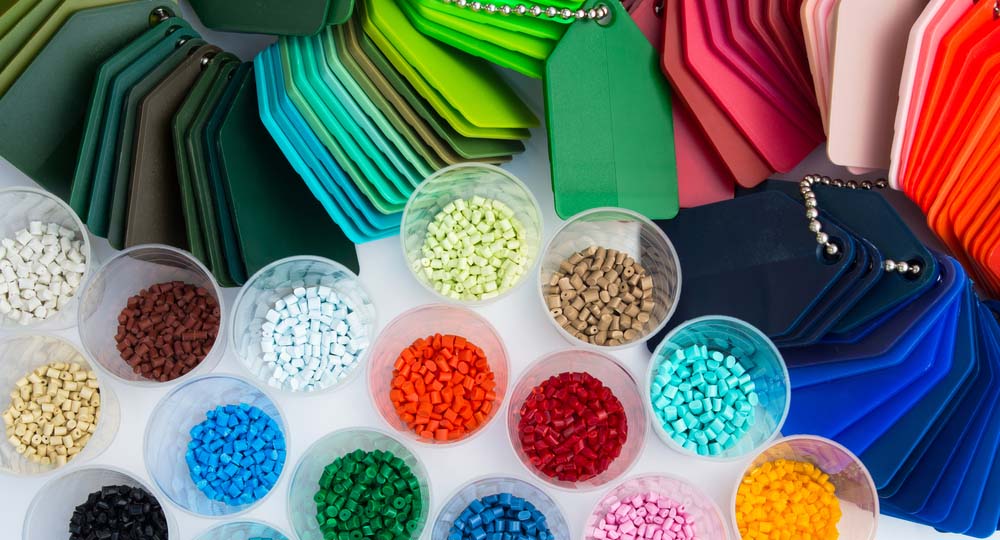CPSIA Total Phthalates Limit Compliance Test
The Consumer Product Safety Improvement Act (CPSIA) of 2008, a landmark piece of legislation in the United States, aimed at improving safety standards for consumer products. Among its many provisions is a mandate that requires certain toys and children's products to meet strict limits on phthalates, which are plasticizers often used to make plastics more flexible or soft. Phthalates can be harmful if ingested by young children due to their potential toxicity.
The CPSIA sets specific concentration limits for six phthalates: di(2-ethylhexyl) phthalate (DEHP), dibutyl phthalate (DBP), benzyl butyl phthalate (BBP), di(n-butyl) phthalate (DBTP), di(isobutyl) phthalate (DIBP), and diisodecyl phthalate (DiDP). Compliance with these limits is mandatory for manufacturers of toys and children's products intended for sale in the United States. This CPSIA Total Phthalates Limit Compliance Test ensures that the products meet these stringent regulations.
The testing process involves extracting the plasticizers from the sample using a solvent, typically methanol or acetone, followed by analysis to determine the concentration of each phthalate. The results are then compared against the established limits set forth in CPSIA. If any phthalates exceed the allowable limit, corrective actions must be taken.
Our laboratory employs advanced analytical techniques such as Gas Chromatography-Mass Spectrometry (GC-MS) to ensure accurate and reliable measurements. This method is capable of detecting even trace amounts of phthalates, providing precise data necessary for compliance verification. The use of such sophisticated instrumentation guarantees that the test results are not only accurate but also reproducible.
Specimen preparation is critical in ensuring the accuracy of the test results. Samples must be carefully selected and prepared to represent the product accurately. This includes cleaning the samples, removing any packaging material, and cutting them into appropriate sizes for analysis. The specimen should then be extracted using a solvent bath, which allows for thorough extraction of all plasticizers present.
The CPSIA Total Phthalates Limit Compliance Test is essential not only to ensure compliance with legal requirements but also to protect the health and safety of children who may come into contact with toys or other products. By conducting this test, manufacturers can demonstrate their commitment to quality and safety, thereby enhancing consumer trust. Furthermore, meeting these standards can help avoid potential recalls, fines, and damage to brand reputation.
Our laboratory has extensive experience in performing this type of testing, leveraging our expertise in analytical chemistry and regulatory compliance. Our team of experts ensures that each test is conducted meticulously according to the latest guidelines and standards, providing clients with confidence in their product's safety. We also offer additional services such as risk assessments and formulation advice to assist manufacturers in achieving full compliance.
- Expertise in CPSIA compliance testing
- Advanced GC-MS technology for precise measurements
- Comprehensive specimen preparation procedures
- Detailed reporting with actionable insights
- Regulatory expertise and up-to-date knowledge
- Affordable pricing without compromising quality
In conclusion, the CPSIA Total Phthalates Limit Compliance Test is a vital component of any manufacturer's quality control program. By ensuring that products meet the stringent limits set by CPSIA, companies can protect their reputation and avoid legal issues while also contributing to public health and safety.
Eurolab Advantages
At Eurolab, we pride ourselves on providing exceptional services that go beyond mere compliance testing. Our state-of-the-art facilities and experienced team of professionals ensure accurate, reliable results every time. Here are some key advantages:
- Accurate Results: With the latest technology and methodologies, we deliver precise test outcomes.
- Comprehensive Support: From initial consultation to final report delivery, our services cover all aspects of product testing.
- Industry Expertise: Our specialists possess deep knowledge in various sectors including toy manufacturing, ensuring that your products meet the highest standards.
- Efficient Turnaround Times: We understand the importance of timely results and strive to provide quick turnaround times without compromising on quality.
- Cost-Effective Solutions: While maintaining high standards, we offer competitive pricing options tailored to different budgets.
Choose Eurolab for your CPSIA Total Phthalates Limit Compliance Test needs. Trust us to help you stay ahead in the competitive market by ensuring product safety and regulatory compliance.
Why Choose This Test?
Use Cases and Application Examples
The CPSIA Total Phthalates Limit Compliance Test is applicable in various scenarios where toy manufacturers need assurance of regulatory compliance. Here are some use cases:
- New Product Development: Before launching a new toy product, it's essential to ensure that all phthalate limits are met.
- Supplier Audits: During supplier audits, this test can be used to verify the safety of imported toys and ensure they comply with CPSIA standards.
- Retailer Requests: Retailers may request proof of compliance as part of their supply chain management practices. This test provides that assurance.
- In-House Quality Control: Regular testing can help maintain consistent quality and prevent potential issues before they arise.
The CPSIA Total Phthalates Limit Compliance Test is a vital tool for ensuring the safety of toys in the market, thereby protecting both manufacturers and consumers. By adhering to these stringent regulations, companies not only comply with legal requirements but also demonstrate their commitment to public health and safety.





